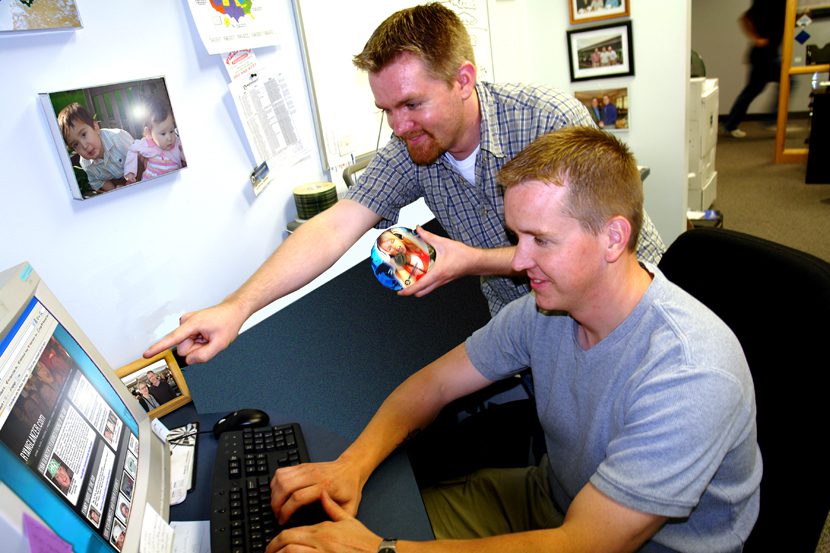
Recently I was provided the opportunity to work with someone who utilized Simulink to create plant models for our customer. My experience and knowledge about Simulink and modeling was non-existent. I have heard of Simulink and seen some models, but for the most part, I am Simulink illiterate. This made my initial conversations with my co-worker an endless session of learning. It was all new to me. Add into the equation that his goal was to create a plant model; I was even more overwhelmed – seemed like I was drinking from a fire hose.
Plant modeling is the development of a model that approximates a system, which is used to test the software of a controller that is under development. The plant model provides value by simulating the external components or systems so the system under development can be tested.
Shortly after starting to work with my co-worker, it became clear to me how varied the knowledge required is to create a plant model. Specifically for one of the projects I observed, a plant model was being created of the sprayer system hardware. This included modeling the tank – how fluid would flow in or out or the pressure that existed at each tank output given the amount of fluid inside the tank. Given I normally work with displays, I was definitely out of my comfort zone. Terms like Bernoulli’s principle were discussed. I may have touched on Bernoulli’s principle during a college physics course, but definitely not during my professional work experience. A boundary condition also has to be considered; how to handle when the tank ran dry. In the physical world, there is no flow after everything is out of the tank, but in a mathematical model, a non-zero flow value is possible once the fluid is gone.
In summary, a good plant modeler has knowledge in many different engineering disciplines and concepts. Hydraulics, mechanical, and electrical are just a few of the different areas of knowledge a plant modeler utilizes. I learned that if you have a love of engineering, but don’t want to specialize in one engineering discipline, creating plant models is one way to broaden your engineering knowledge, especially in the off-highway industry that we work in.

